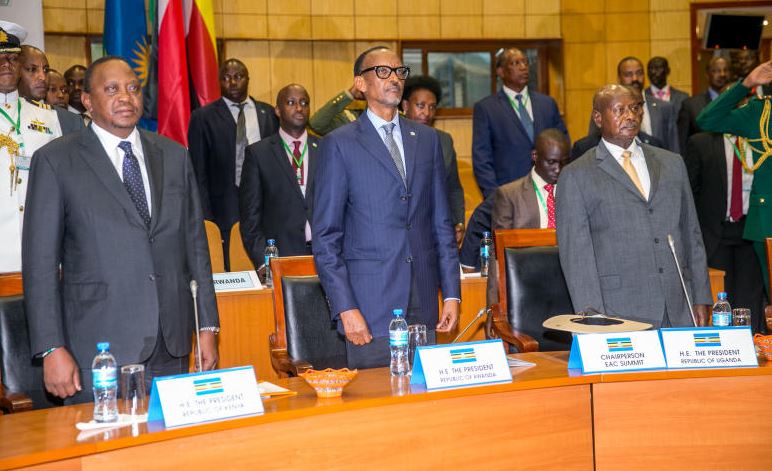
It is now conventional wisdom that Kenya bestrides the East African region like a colossus. It dominates business, technology, commerce and communications, its economy is the most successful in the region, and its diplomatic tact and influence is second to none.
For quite long, Kenya has been basking in the glory and pleasures that come with being a hegemon within the East African region. Acting as a critical entrance route to the East African region - and enjoying relative peace in the region as compared to her neighbours - Kenya has attracted bilateral and multilateral trade and investments, thereby boosting her outlook as an affluent diplomatic and economic powerhouse. However, this may change if the country does not rethink its diplomatic priorities.